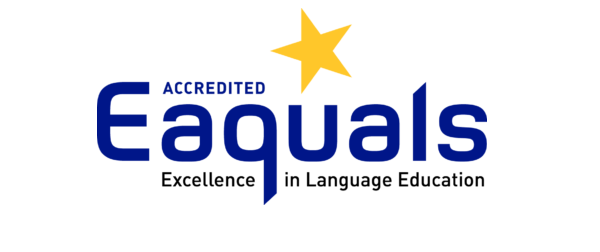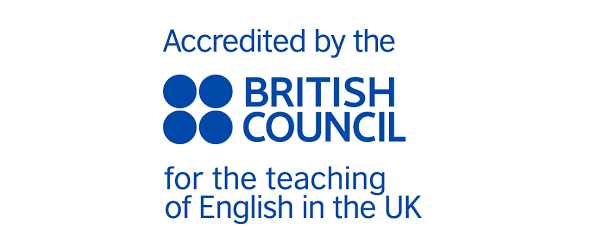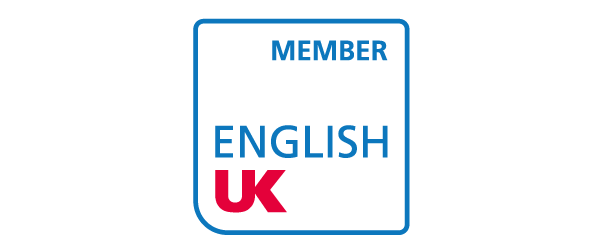This module looks at major theories of young learners’ cognitive, social and emotional development. You will see how theories of mother tongue acquisition inform understanding of how young learners acquire foreign languages. You will look at the relationship between curriculum and classroom, develop a range of teaching, assessment and observation procedures for young learners (6 to 12-year-olds) and consider their effects on teacher/ learner relationships.
You will also look at the principles of language teaching pedagogy for children and the roles of teachers in supporting children’s overall development and understanding and use of language.
This module carries 30 credits.
" Lovely course tutor always ready with support and resources, and a supportive group to learn with. "
Suganthi
Is this course for you?
13 April - 17 June 2026
Postgraduate Certificate, Diploma or MA awarded by University of Chichester
Course content
" I would recommend this course to others because it was practical and useful in linking theory to practice. "
" The resources that have been provided are a treasure trove, along with the ideas of how to make the materials child-friendly. "
Assessment (written after completion of the course and supervised at distance by tutors):
A portfolio (50%) containing TWO of the following three options:
- A report on a limited classroom observation task, complete with lesson transcript extracts, lesson plan and materials (1,500 words or equivalent)
- Analysis of a self-designed lesson plan, to include lesson plan, materials, and explanation of how the teacher would provide support and challenge in the lesson (1,500 words or equivalent)
- Explanation and analysis of a tool designed for classroom-based assessment, to include rationale, assessment procedure, and assessment materials (1,500 words or equivalent)
A written assignment of 3,000 words (50%) or equivalent on an aspect of teaching languages to young learners, chosen for its relevance to your teaching context and experience. You should provide evidence in this assignment of your ability to relate theory to practice.
Further Information
Online MA modules are highly interactive and learning takes place through varied and engaging multimedia content and the collaboration between participants from different contexts.
Courses are broken down into individual units and activities, forming a clear structure, and all participants work on the same unit in the same week. Within that time period there is a high level of flexibility to help you fit studying around your life and work. The interaction, via forums and other collaborative tools built into the platform, helps and encourages you to share ideas, ask questions, explore concepts and build up a community.
You need a computer, a headset (with microphone) and an internet connection. Much of the course can be done on a mobile device, but a computer is needed for certain activities and tasks.
Participants have access to NILE's extensive ELT e-library and an innovative social and cultural programme. All NILE Online courses include an element of professional language development, i.e. language related to course content and/or the classroom.
MA Module Leader: Małgosia Tetiurka
 Małgosia is a lecturer and teacher trainer at the John Paul II Catholic University of Lublin, Poland. She has been teaching English for nearly thirty years. She has taught every age and level, but has always particularly enjoyed teaching children.
Małgosia is a lecturer and teacher trainer at the John Paul II Catholic University of Lublin, Poland. She has been teaching English for nearly thirty years. She has taught every age and level, but has always particularly enjoyed teaching children.
For the last fifteen years, Malgosia has also been sharing her experience as an in-service teacher trainer, materials writer and conference presenter. She has worked with teachers in many countries including Croatia, Lithuania, Russia, Estonia and Ireland. She is also a Cambridge English Oral Examiner for all proficiency levels.
Available dates:
| Course dates | Location | Course length | |
| 13 April - 17 June 2026 | Online | 8 weeks |



